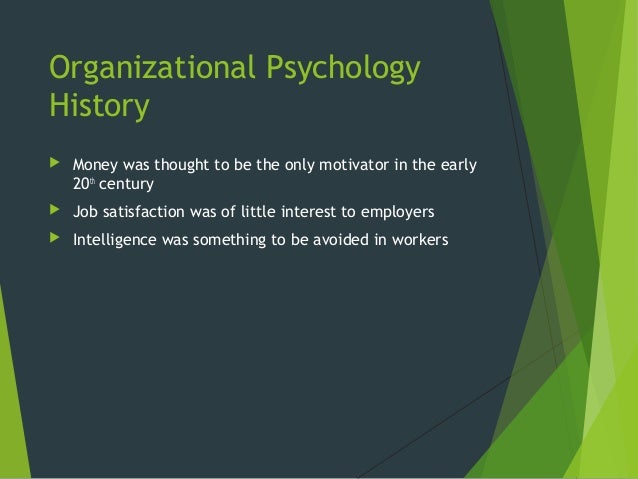
8, 9 He argued that experimental evidence could be used to dispute contradictory theories.
#Phenomenological data analysis example free#
8 He developed and promoted inductive practices for scientific investigation, which led to the notion that science can be objective, quantifiable, replicable, applicable, predictable, and impartial or free of prejudices. His work contributed to the development of the scientific method. 8 This base of knowledge has influenced research, practice, and education of the natural and human worlds.ĭuring the seventeenth century, contrary to the dominant Aristotelian ideas of deductive reasoning, Bacon argued for an empirical, inductive approach. 8 They both shared the belief that nature could be explained by experimentation and abstract reasoning. Francis Bacon (1561–1626), an English philosopher, and Rene Descartes (1596–1650), a French mathematician and scientist, influenced the modern study of epistemology, or the philosophy of theoretical knowledge. 4 2Īt first, it is important to understand traditional philosophies of knowledge and to appreciate why hermeneutic phenomenology offers an alternative approach to developing knowledge. He viewed hermeneutics as a methodology that could be used to reveal the unseen world of lived experiences. 7 In the second half of the nineteenth century, Wilhelm Dilthey (1833–1911), a German philosopher, took up hermeneutics in his effort to explicate a philosophy of human sciences. Initially, the term hermeneutics was referred to the interpretation or understanding of written texts. Hermeneutic phenomenological research is rooted in hermeneutics, a method of interpretation of philosophical text. 6 She analyzed the influence of their work on their early transition to fatherhood and explored their meanings of work.


5 Pohlman used hermeneutic phenomenology to increase the understanding of fathers of preterm infants. 1, 2, 3, 4 For instance, SmithBattle used hermeneutic phenomenology to study parenting practices of teenage mothers. 1, 2, 3, 4 Hermeneutic phenomenology is a beneficial research method since it allows researchers to describe and articulate how ordinary, everyday practices and routines of parents are shaped by their family relationships, childhood experiences, day-to-day challenges, and the resources that support them in raising their child. 1, 2, 3, 4 This method elicits stories from participants as a source of understanding. Hermeneutic phenomenology is a qualitative research method that allows researchers to study how experiences, traditions, and culture shape ordinary, everyday practices.


 0 kommentar(er)
0 kommentar(er)
